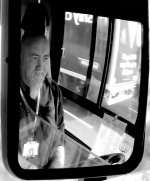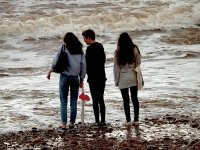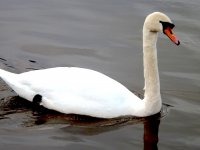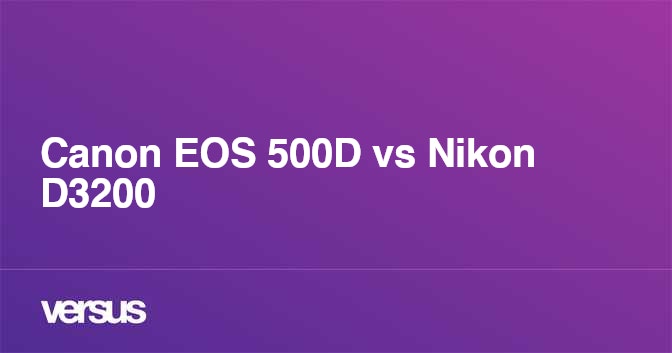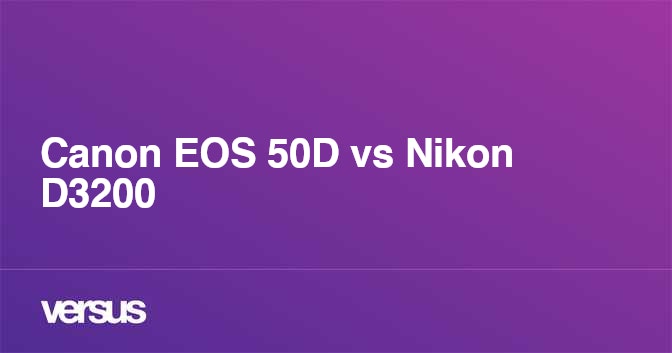Hi I’m new to this forum but have been lurking for a while. I’ve always wanted to try out photography but I’ve never really done anything except taking photos on my iPhone.
I have completely no idea what I’m looking for and all the information I read about specs at the moment goes straight over my head.
I don’t want to invest too much right now as I might not even enjoy it so under £200 if possible .
What camera and lens is decent enough for a beginner to learn on. For the time being il mostly be getting to grips with what I’m doing and probably taking photos of my cats as practice.
I’ve been looking on the likes of mpb as buying from a reputable company with a warranty seems a safer bet.
I have completely no idea what I’m looking for and all the information I read about specs at the moment goes straight over my head.
I don’t want to invest too much right now as I might not even enjoy it so under £200 if possible .
What camera and lens is decent enough for a beginner to learn on. For the time being il mostly be getting to grips with what I’m doing and probably taking photos of my cats as practice.
I’ve been looking on the likes of mpb as buying from a reputable company with a warranty seems a safer bet.

